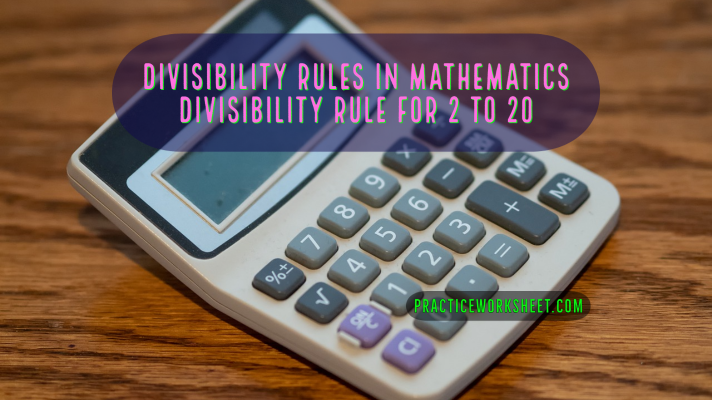Verbs in the English language are divided into two fundamental groups; Finite verbs and Non-finite verbs. In this article, we will explore the definitions of finite and non-finite verbs, their differences, examples, and worksheets.
What is a Finite Verb?
A finite verb can be defined as a verb that has a subject and indicates grammatical tense, person, and number. The action of a person, place, or thing is described by finite verbs in a sentence. They are the base verbs and do not require other verbs to be grammatically correct.
Examples of Finite Verbs
Some of the examples of finite verbs are provided below:
- I went to that shopping mall yesterday.
- I speak.
- Aharsi plays the piano
What is a Non-finite Verb?
A non-finite verb is defined as a verb that does not show tense or corresponding subject. In English grammar, there are three types of non-finite verbs; infinitives, gerunds, and participles. Most of the non-finite verbs end with “-ing,” “-ed,” “-d,” or “-t.”
Examples of Non-finite Verbs
Refer to the following sentences that show some of the examples of non-finite verbs in sentences.
- Playing football is not my cup of tea.
- Reading books motivates me.
- Those clothes are washed.
Difference between Finite and Non-finite Verbs | Finite Verbs vs Non-finite Verbs
The main difference between finite and non-finite verbs is that a finite verb work as the main verb in any sentence whereas non-finite verbs are not the main verbs. The other differences are listed in the following table:
| Finite Verbs | Non-finite Verbs |
| Finite verbs function as the main verb. | Non-finite verbs does not function as the main verb. They usually act as nouns, adverbs, or adjectives. |
| Finite verbs indicate person, tense, or number | Finite verbs do not indicate person, tense, or number |
| Finite verbs are used in past and present tenses. | Non-finite verbs are used as gerunds, participles, or infinitives. |
| The finite verb form depending on the subject of the sentence. | Non-finite verbs do not change forms. |
Finite and Non-finite Verbs Worksheets
Now solve some of the worksheets on finite and non-finite verbs.
Finite and Non-finite Verb Worksheet 1: Read the following sentences and identify the finite and non-finite verbs
| Sentences | Finite Verbs | Non-finite Verbs |
| Aharsi likes to play with Advik. | ||
| Running is good for weight reduction. | ||
| Have you finished your lunch? | ||
| My mother cooks tasty food. | ||
| Firan works hard to establish his website. | ||
| Tapan went to Kolkata to find some work. | ||
| Uttam is planning to launch a new business. | ||
| Mohor did not recognize Ravleen at all. | ||
| Krishna said he will be joining to politics. | ||
| Deep does not waste time watching TV |
Finite and Non-finite Verb Worksheet 2: Fill in the blanks with correct finite/non-finite verb forms.
- Due to corona my father_______(work) from home.
- Advik _________(start) _________(like) his blue dress.
- You promised __________ (support) me.
- I _______(be) too weak _______(go) for __________(play).
- Swarnali is interested in ________(learn) French.
- Mohor enjoy ___________(read) articles from internet.
- After recovering from COVID, many feel ______ (tire) for continuous working.
- Manasi _______________(decorate) the room for Puja.
- _________(do) regular homework _________(be) a good habit.
- __________(do) your parents know my brother?
Finite and Non-finite Verb Worksheet 3: Prepare two sentences for each of the following verbs using them as finite and non-finite verb.
| Verb | Example as Finite Verb | Example as Non-finite Verb |
| Read | ||
| Watch | ||
| Learn | ||
| Play | ||
| Cook | ||
| Plan | ||
| Join | ||
| Wait | ||
| Try | ||
| Help |

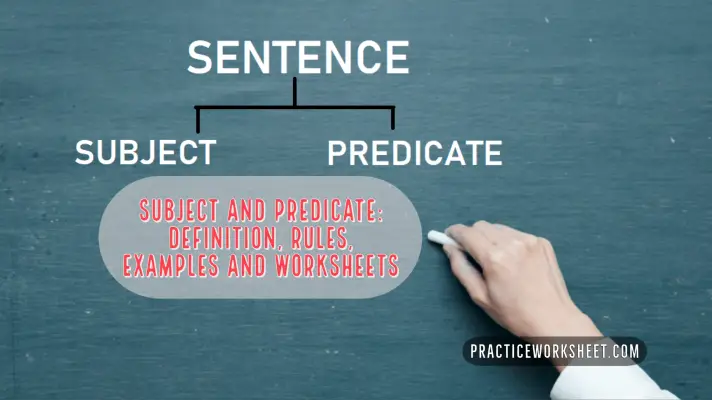
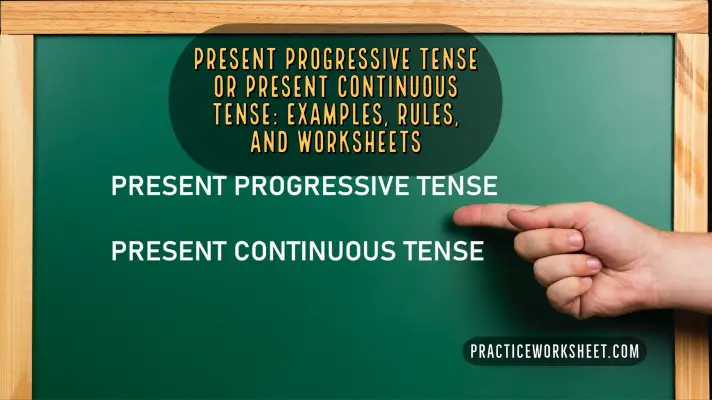
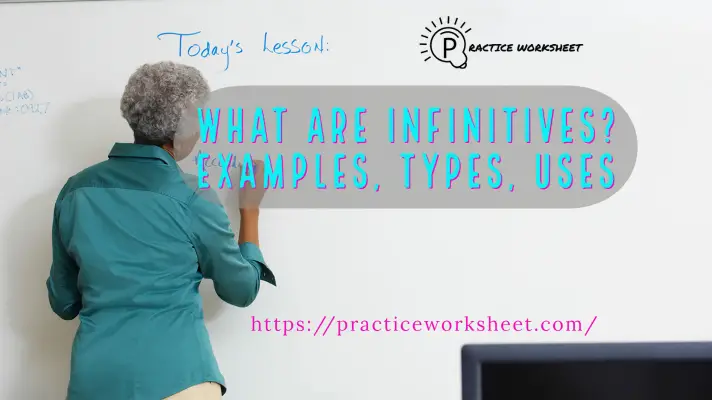
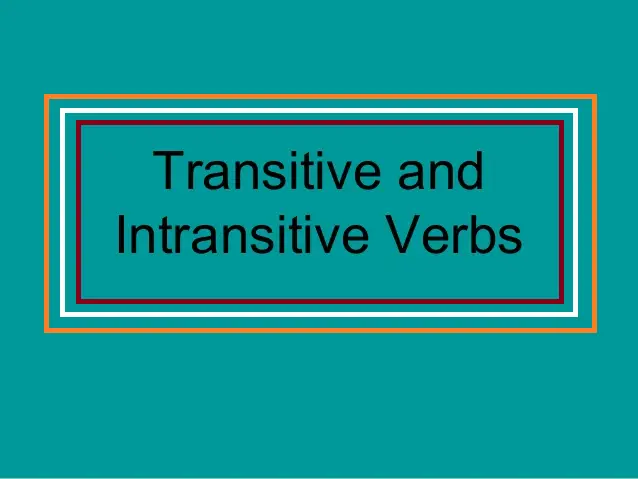
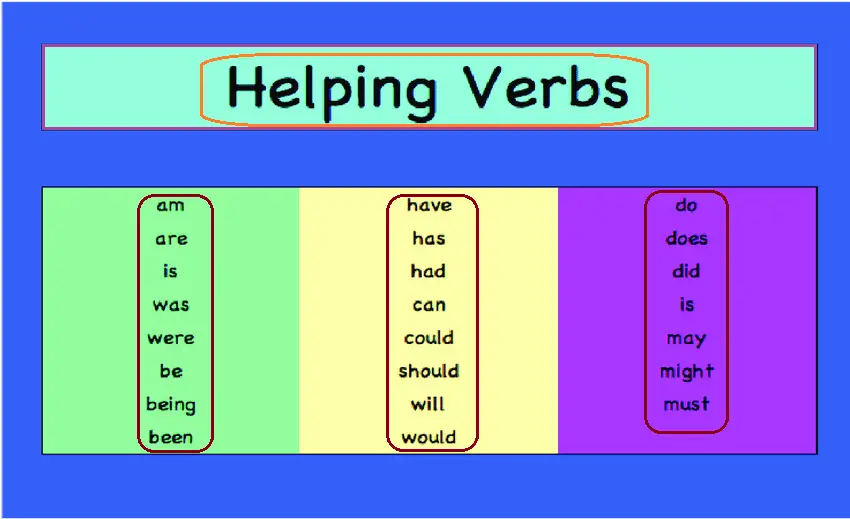
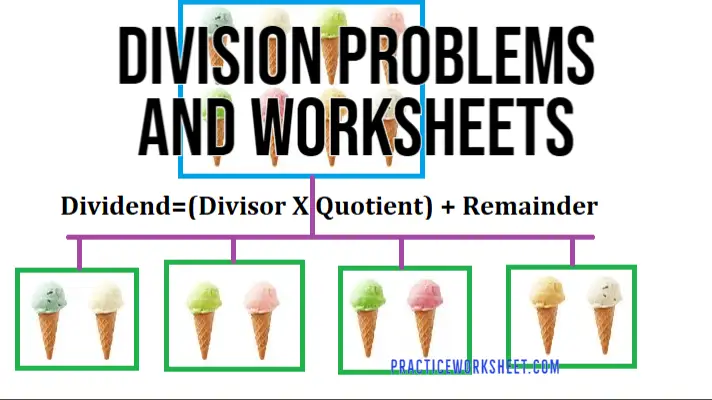
![Worksheet: Place Value, Face Value, Expanded Form and Comparing Numbers [With PDF] Place Value, Face Value, Expanded Form and Comparing Numbers](https://practiceworksheet.com/wp-content/uploads/2020/04/Place-Value-Face-Value-Expanded-Form-and-Comparing-Numbers.png)
